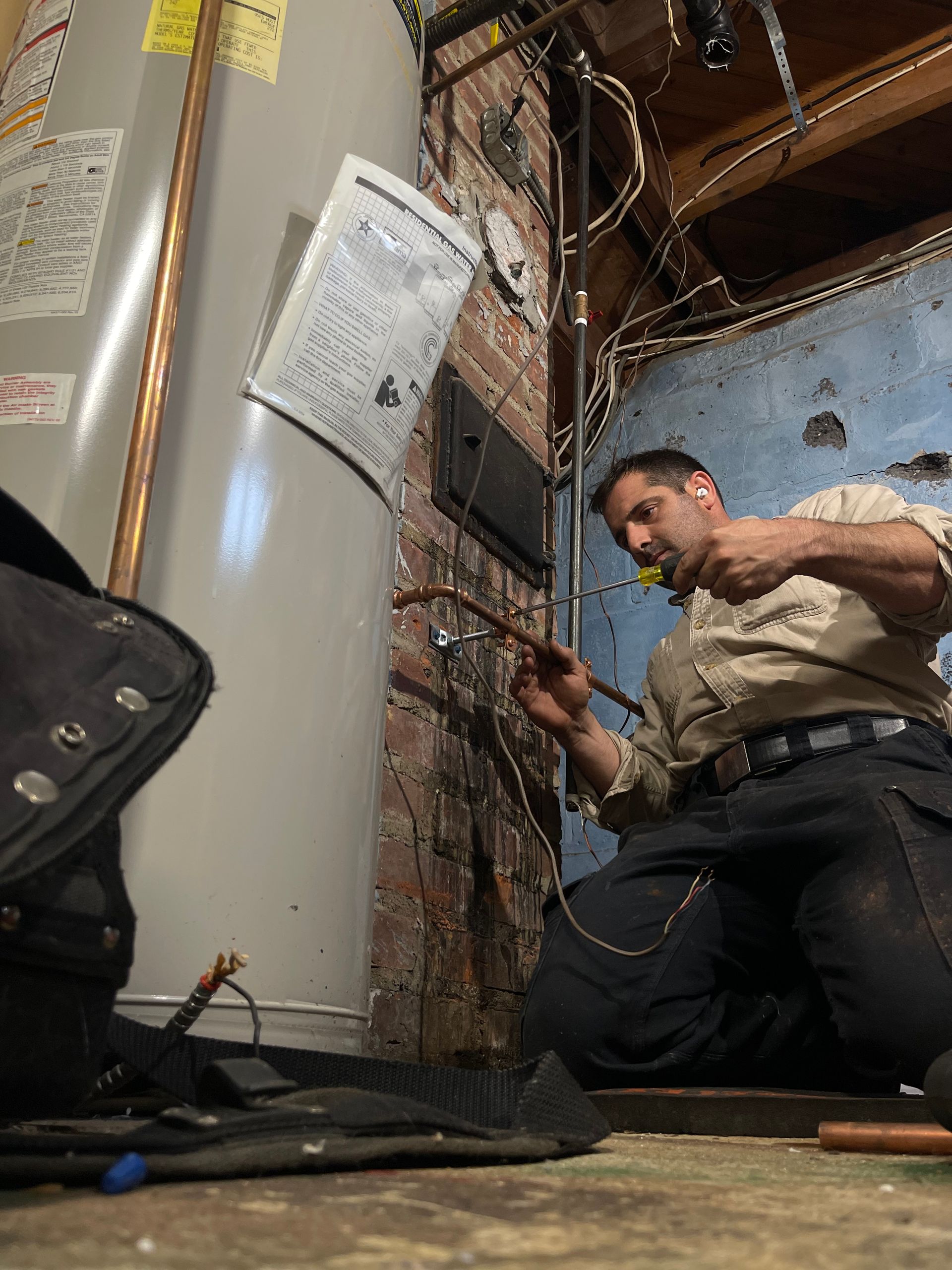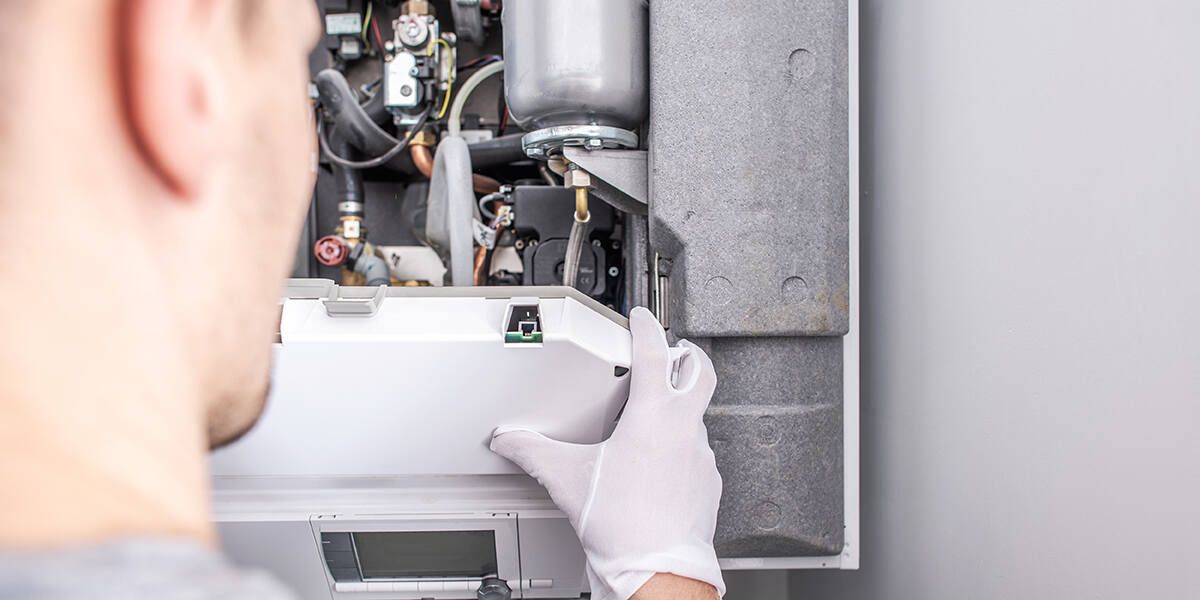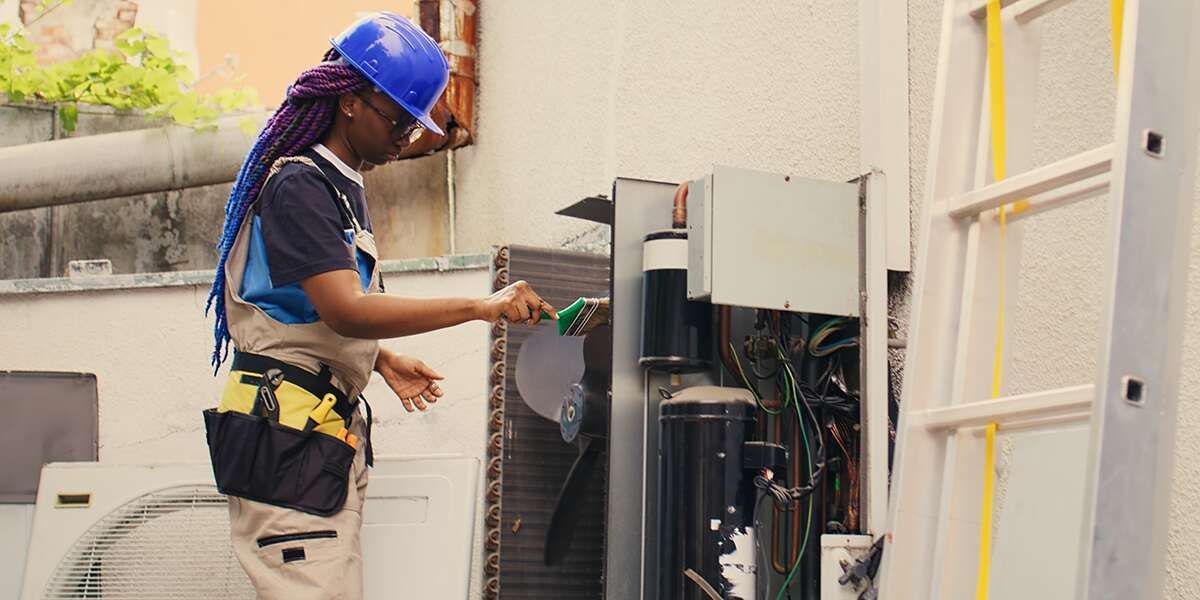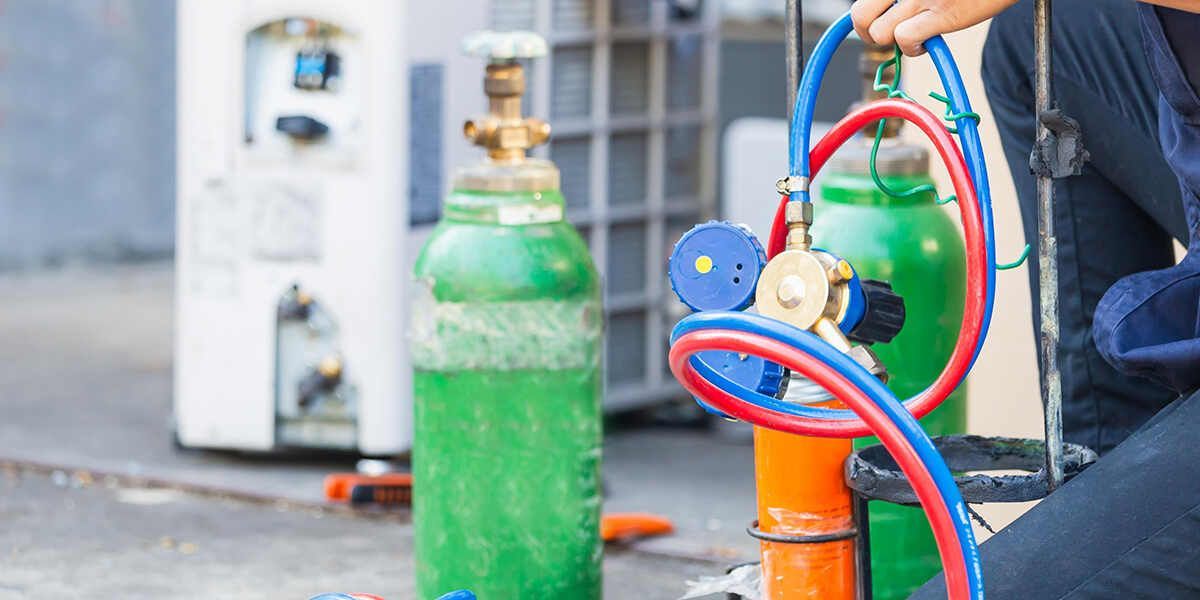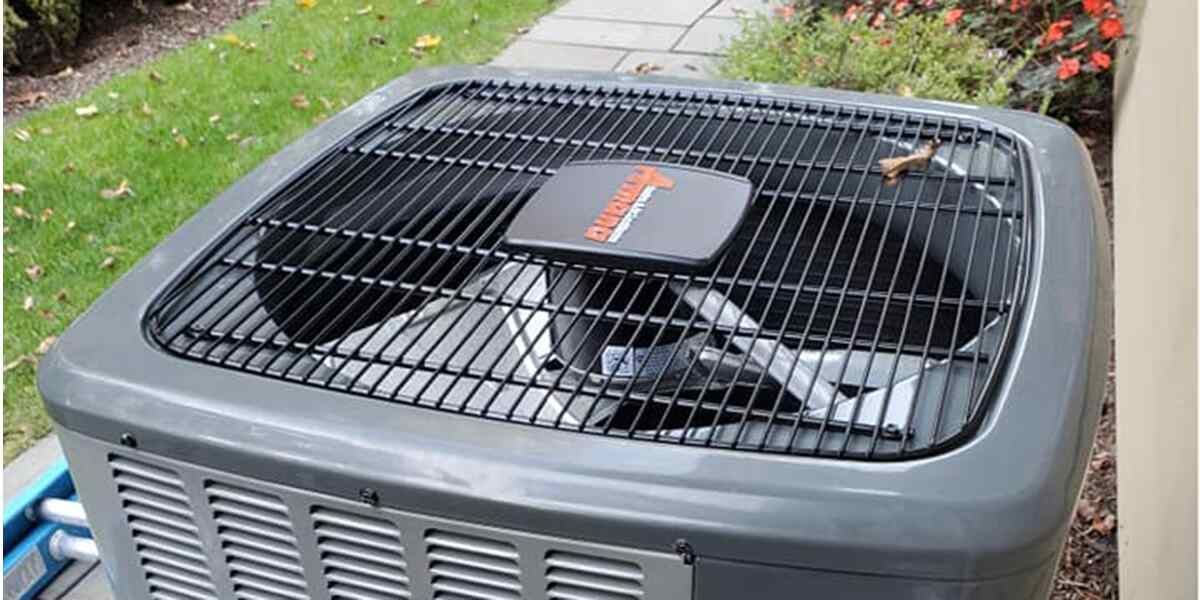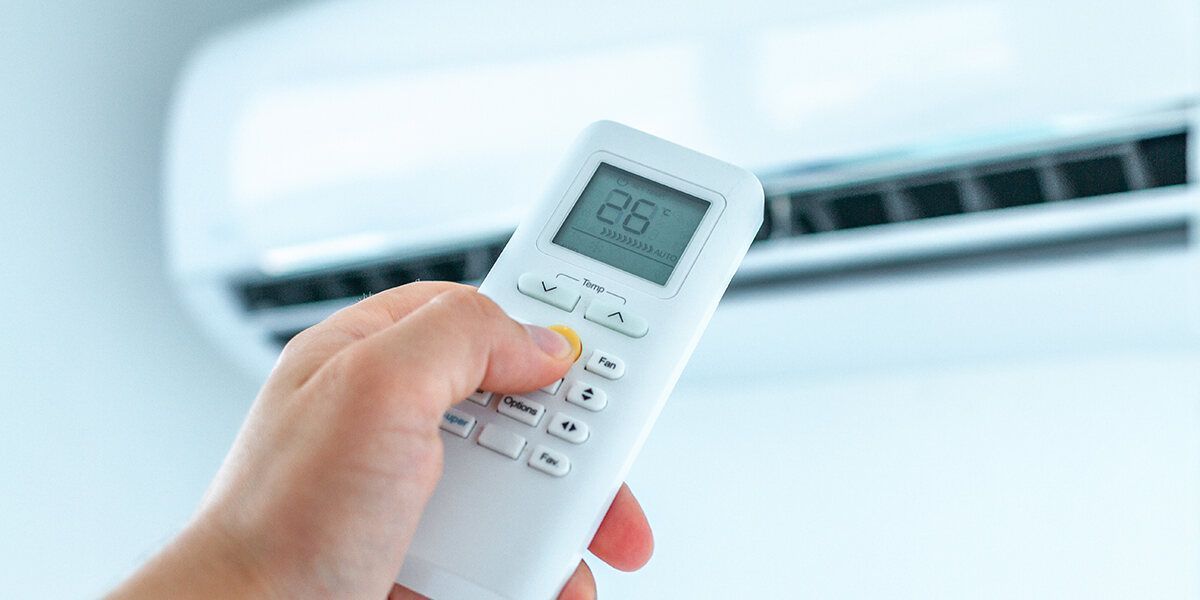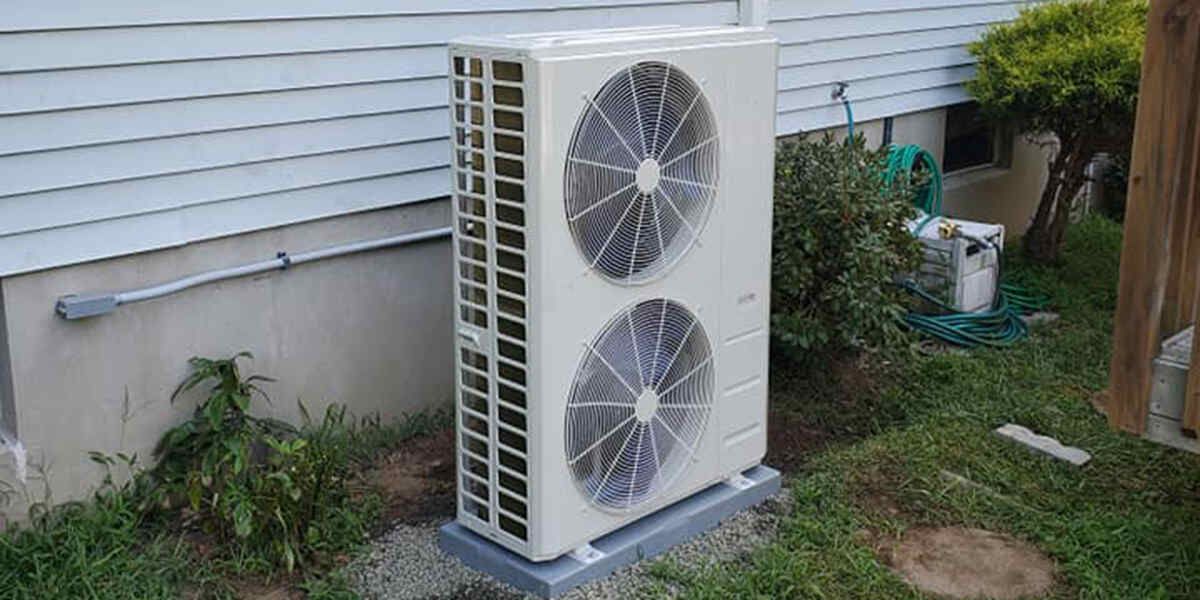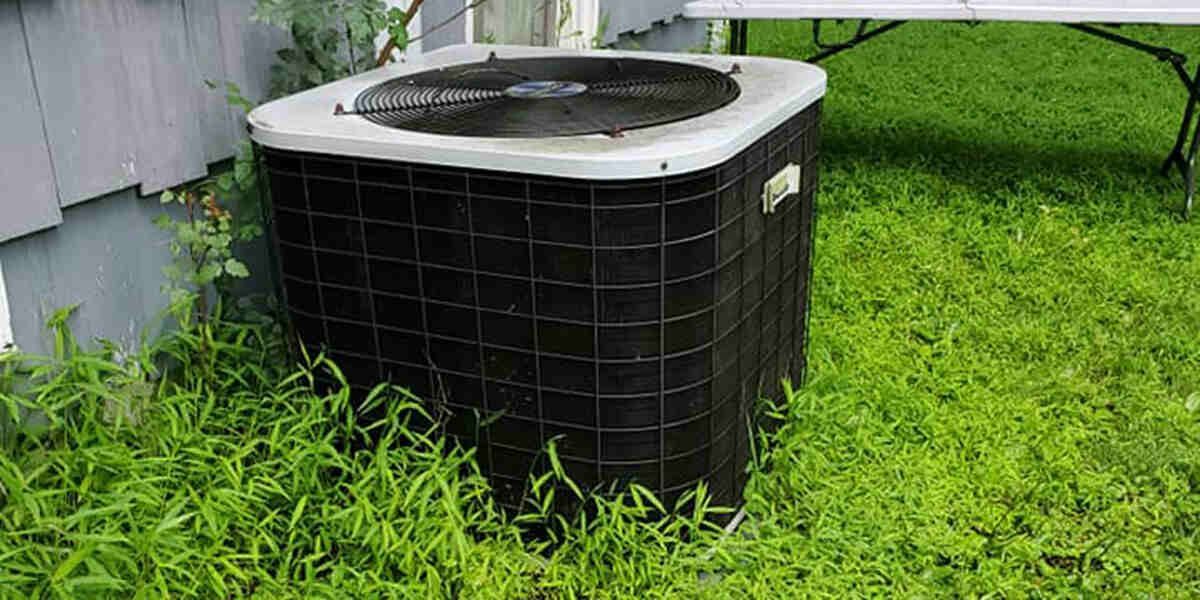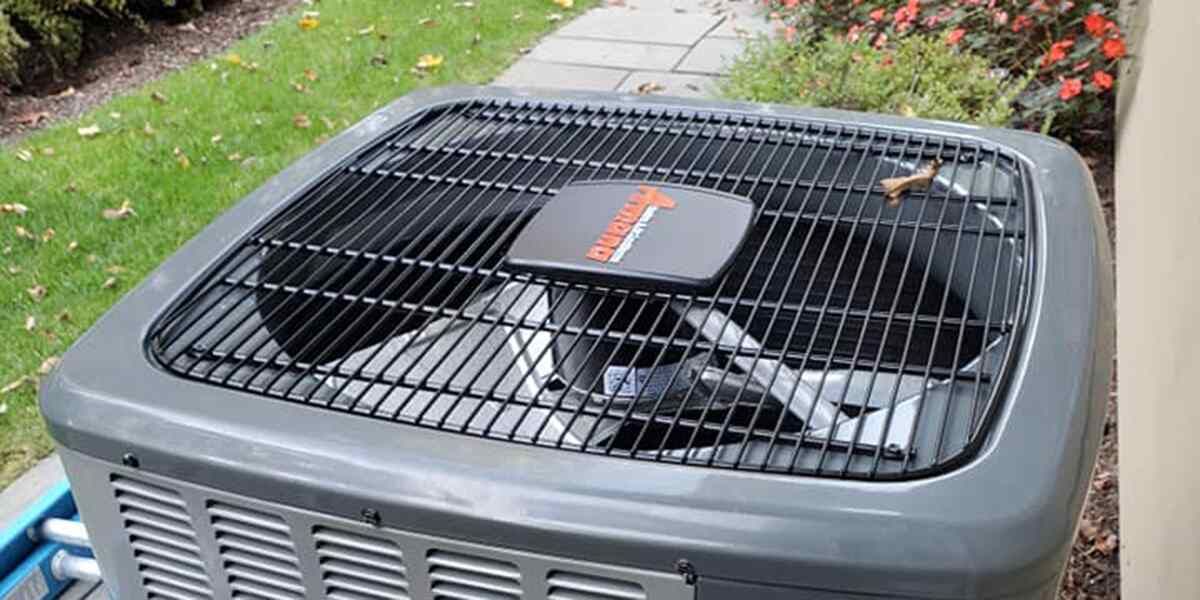2021 New HVAC System Buying Guide | Costs and Considerations
Comfort Specialists
For many homeowners, purchasing a new HVAC system is one of the most vital home investments they can make. While everyone desires to make the right purchase, unfortunately, the process of doing so is a lot less straightforward.
To improve your chances of success, we felt it would be helpful to offer you a buying guide, walking you through the different cost considerations to keep in mind when buying a new HVAC system in 2021.
How Much Will a New HVAC System Cost?
Understandably, the cost is one of the first aspects that many homeowners consider when looking for an HVAC system for their homes. However, determining the exact amount of money you will spend depends on several other factors.
For starters, the actual value of a gas furnace or air conditioner lies beyond its sticker price. So simply going for the cheapest option does not necessarily mean that you will be saving money.
The cheaper option that may tempt you might consume a lot of energy, need constant repairs, and have a much shorter lifespan. In the long run, you could end up spending more on energy bills, repairs, and replacements.
That’s why, for you to determine the actual cost of an HVAC system, you must take into account other considerations.
Three Main Things To Consider When Buying a New HVAC System
1. The Type of HVAC System You Need
HVAC systems come in different types, each with its respective benefits and disadvantages. Knowing the common types of HVAC systems available is the first step to determining what unit will suit your needs and budget.
Heating and Cooling Split Systems
These are the most common type of HVAC units. They come with two main systems—one dedicated to heating your home and the other dedicated to cooling it. These systems usually contain one indoor and one outdoor unit. The indoor unit could be a furnace placed in your attic, basement, or garage, while the outdoor unit could be a central air conditioner.
Pros
- They are energy efficient
- They are cost-effective
- You can configure them according to your needs
Cons
- They require ductwork, which, if your home lacks, can be expensive to install
- The ducts can spread dust, dirt, and allergens
Hybrid Split Systems
While these systems closely resemble heating and cooling split systems, they are more energy-efficient because they include an electric hybrid heating system that allows you to choose between electric or gas power.
Though they cost more, you might end up saving money in the long run because of their low energy consumption.
Pros
- They are energy efficient and have a more effective heating capacity
Cons
- They still require ductwork
Ductless Systems
Ductless systems have multiple internal units placed in each room you intend to control the cooling and heating. These units are mounted on your walls and connected to an external compressor located outside your home. They are ideal for homeowners with various needs and preferences.
Ductless systems are perfect if you:
- Only want to heat or cool one specific room
- Do not use all the rooms in your home and would only like to provide climate control in the rooms you use
- Prefer if each room had independent climate control
Pros
- They do not require ductwork or any additional infrastructure
- They offer flexibility in climate control
- Ductless systems are highly energy efficient
Cons
- They are not suitable for those who live in cold climates
- Their maintenance can be costly
2. The Size of the Unit You Need
While going for bigger often means better, this does not apply to your HVAC system. HVAC systems are measured in tons, which refers to the calculation of heat needed to raise or lower your home’s temperature.
Choosing an oversized unit could cause it to short cycle and switch off before completely warming or cooling the rooms. On the other hand, while a small unit will be cheaper, it will have to work overtime to cool or heat your home, leading to higher energy bills and a shortened lifespan.
There are several factors you should look at when determining the right HVAC size. Some of these factors include the:
- Size of your home
- Ventilation rate
- Insulation levels
3. The HVAC Efficiency Rating
HVAC systems efficiency ratings are measured in SEERs, which stands for Seasonal Energy Efficiency Ratio. Units with higher SEER ratings need less energy to function. However, high-efficiency systems cost more, with a 21 SEER unit costing up to twice the price of a 14 SEER system.
Getting the Right HVAC System for Your Home
Though we understand the role cost plays when picking the appliances to add to your home, with HVAC systems, the unit’s price is tied to so many other factors. We hope that by reading this guide, you will have a clearer picture of how these factors contribute to the overall price of your HVAC unit.
Understanding how certain factors influence the unit’s price is the first step to ensuring that you pick the right HVAC system for your home. The next step is choosing the right HVAC contractors in NJ to help guide you through the process.
Quality Service With Comfort Specialists
Getting a new HVAC system is a significant investment. Like any other investment, you need the experience and expertise of specialists to ensure that you end up with an HVAC unit that meets your needs and expectations.
When looking for quality HVAC contractors in NJ, turn to Comfort Specialists. Based out of Morris County, we are dedicated to providing homeowners with the highest quality of service and maintaining our position as one of the region’s five-star rated companies.
At Comfort Specialists, your home, safety, comfort, and satisfaction are important to us. With an entire division dedicated to offering installation services of even the most advanced air conditioning and heating systems around, you are always in good hands with us.
Give us a call today at (973) 750-0690 for more information and to schedule an appointment.



